Best Full stack developer Training
Best Full stack developer Training by Sapalogy training institute offers you the best Full stack developer training in nagpur for freshers and experience candidate in nagpur, with expert guidance and 100% guaranteed placement assistance. Our Full stack developer training course covers every technical topics in details and the student is left with real-time hand on experience.
Our practical, Job-oriented training program will not only provide you with a certificate but also with knowledge equivalent to around 5+ years of field experience. We value your time as much as over. Hence we invented to train you in Full stack developer in just 4 months.
Contact us now!
What is Full stack developer ?
- Full stack development involves working on both front-end and back-end technologies for web applications.
- Sapalogy’s course covers HTML/CSS, JavaScript, React, Node.js/Python, SQL/NoSQL, and deployment.
- The course is available online and offline, with 100% placement assistance.
- Students learn front-end, back-end, database management, and deployment strategies.
- The institute prepares students for job interviews and connects them with job opportunities.
- Enrolling in Sapalogy’s course equips students for successful Full stack developer careers.
- Widely used by organizations for fee-powerful and flexible IT solutions.
- Sapalogy cover all the statistics analytics competencies to get you employed in 2024.
- IT background, non IT background, freshers, experience can start their career in irrespective of their background.
- Sapalogy is the best training institute in nagpur with the 100% job opportunities.
Enquire now
Roadmap to learn Full stack developer
1. Introduction
- What is Full stack developer?
- Full stack developer course
- Full stack developer certification
- Full stack developer jobs in india
- Full stack developer jobs in nagpur
2. Front-end Development
- Learn HTML and CSS fundamentals.
- Master JavaScript for dynamic web page functionalities.
- Explore popular front-end frameworks like React or Angular for building interactive user interfaces.
3. Back-end Development
- Understand server-side programming with Node.js or Python.
- Learn about databases and data storage using SQL (e.g., MySQL) or NoSQL (e.g., MongoDB).
- Explore RESTful APIs for communication between front-end and back-end systems.
4. Database Management
- Gain proficiency in database design principles.
- Learn SQL for querying and manipulating data in relational databases.
- Explore NoSQL databases like MongoDB for handling unstructured data.
5. Full Stack Frameworks
- Dive into full stack frameworks like MERN (MongoDB, Express.js, React, Node.js) or MEAN (MongoDB, Express.js, Angular, Node.js).
- Understand the architecture and components of these frameworks for building end-to-end applications.
6. Version Control and Collaboration
- Learn version control using Git and platforms like GitHub for collaborative development.
- Understand branching, merging, and pull requests for efficient team collaboration.
7. Deployment and DevOps
- Explore deployment strategies using platforms like Heroku, AWS, or Azure.
- Learn about containerization with Docker and orchestration with Kubernetes.
- Understand DevOps principles for continuous integration and deployment (CI/CD) pipelines.
8. Resume preparation
- Include keywords.
- How to prepare resume.
- How to prepare resume for freshers.
- Show impact.
- Include soft skills.
- Be unique.
Key features of Full stack developer Training
Full stack developer Training syllabus
Contact to know more!
Skills covered by Sapalogy
Upcoming Batch Schedule for Full stack developer Training
Sapalogy provides flexible timings to all our students. Here are the Full stack developer Online & offline Training Schedule in our branches. If this schedule doesn’t match please let us know. We will try to arrange appropriate timings based on your flexible timings.
| Course | Batch time | Offline | Online | Enquire now |
|---|---|---|---|---|
| Full stack developer | Starts every week | Nagpur | India | Enquire now |
Can’t find a batch you are looking for you ?
Full stack developer Certification
- Sapalogy training certification will serve as proof that the courses were completed by Sapalogy.
- The Full stack developer certification offered by Sapalogy will equip you with valuable skills, enhancing your competitiveness in the job market.
- Sapalogy provides comprehensive guidance for your Full stack developer global certification, ensuring a 100% passing guarantee in examinations such as Full stack developer Certification, Full stack developer Platform Development Certification, and various other global exams.
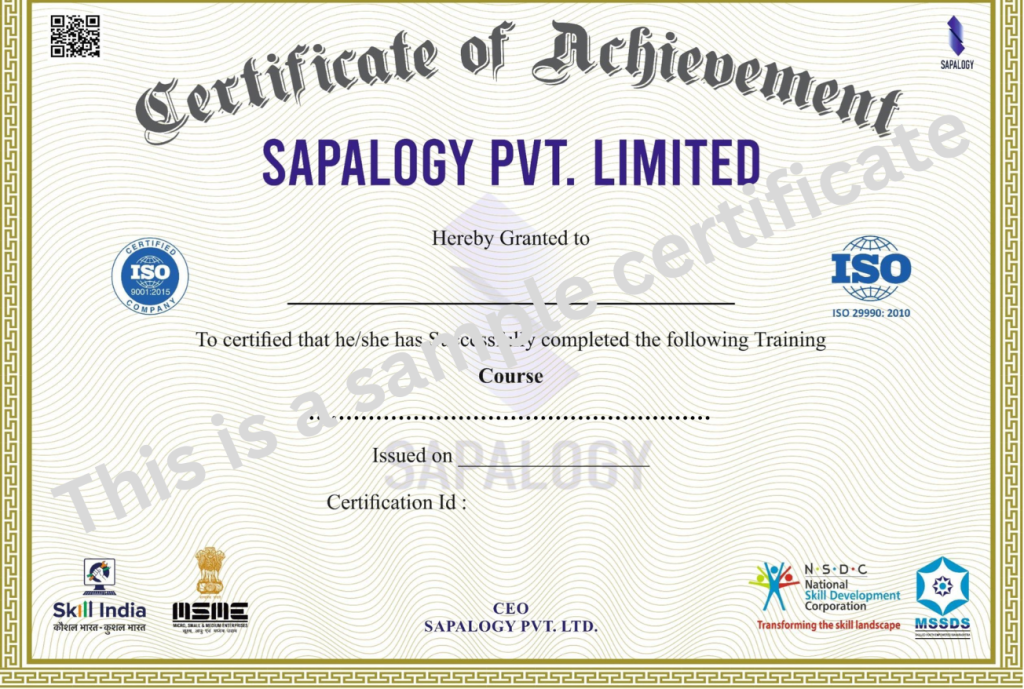
Projects
Training course reviews
Our reviews
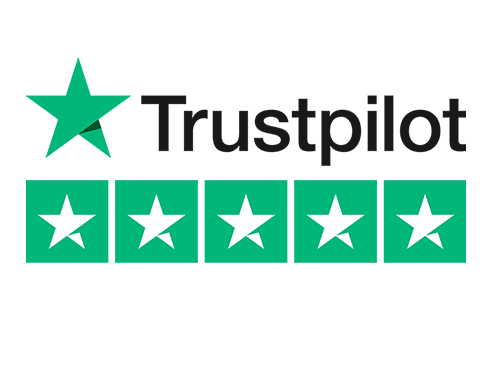
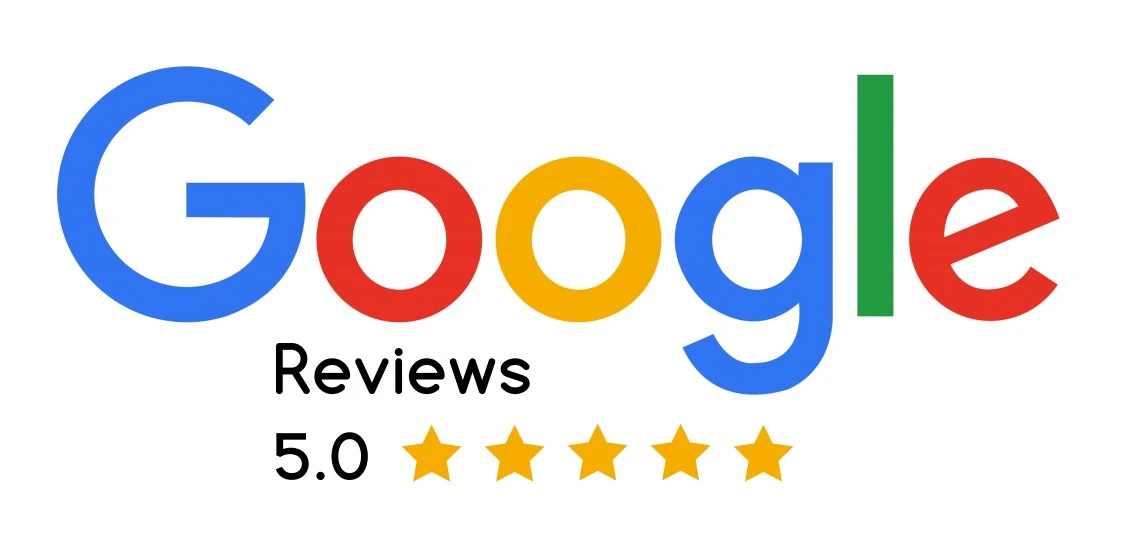
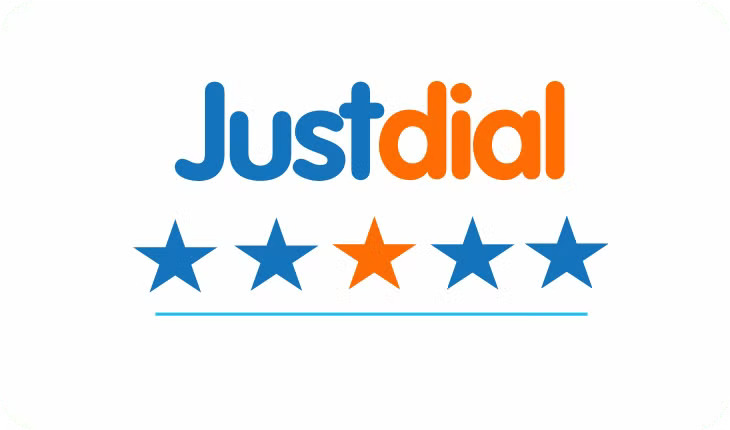
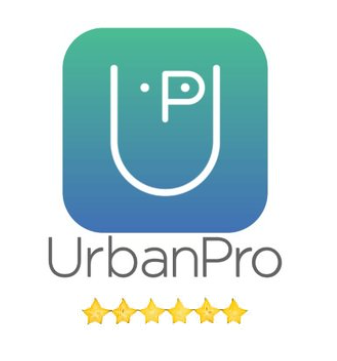


Our Alumni Works At






















